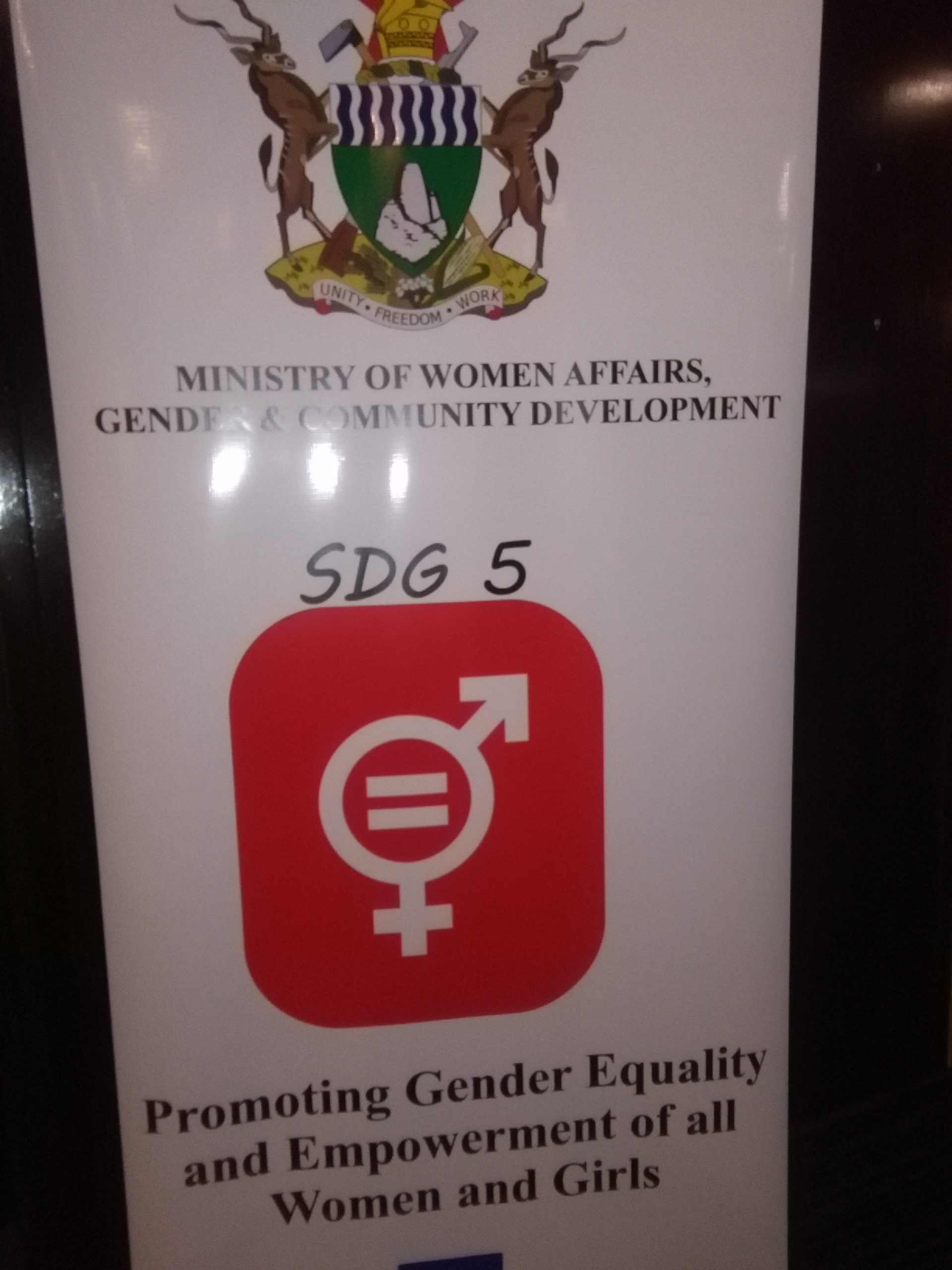By Byron Mutingwende
Calls for ensuring the equal representation of women and men in politics took centre stage at the consultative workshop for “increasing women participation in decision making” held at the Harare International Conference Centre in Harare on Wednesday 26 July 2017.
In her remarks during the workshop, Nyasha Chikwinya, the Minister of Women Affairs, Gender and Community Development said improving the status of women is a top government priority as enshrined in the Revised National Gender Policy.
“The major goal of the policy is to eradicate gender discrimination and inequalities in all spheres of development. Our own national economic blueprint ZIMASSET and the Ten Point Plan for economic growth seek to achieve sustainable socio-economic transformation through targeted interventions which bring on board marginalised groups such as women,” Chikwinya said.
The Minister alluded to the Beijing Platform for Action, which emphasised that equal participation in decision-making, was not only a demand for justice and democracy but a necessary condition for women’s interests to be taken into account.
At the regional level, the Southern African Development Community (SADC) Heads of State and Government committed themselves to ensuring the equal representation of women and men in decision-making structures at all levels by adopting a 50: 50 in the SADC Protocol on Gender Development.
Eunice Njovana, the Chairperson of the Anti-Domestic Violence Council said increasing the participation of women in decision-making was critical for Zimbabwe.
“Zimbabwe has one of the finest Constitutions that recognise the equality of women and men, girls and boys. Whereas the policy framework is solid, we do not have a matching reality of equal representation of women and men in politics and decision-making. When we look at the last Parliament to the current one, for example, we have less female representation, well below the expected 50% representation,” Njovana said.
Njovana said there was a need to push for 50: 50 representations of women and men in all spheres of decision-making. The Zimbabwe National Machinery for Women’s Advancement convened the workshop in their role as leader, standard-bearer and strategic direction setter in advancing gender equalityand women’s empowerment.
In a speech read on her behalf, Miriam Chikukwa, the Minister of State for Provincial Affairs for Harare Province bemoaned the fact that while women constitute 52% of the population, statistics do not translate to women’s proportionate representation in decision-making processes.
“Women are under-represented and are often left on the sidelines, while men position themselves as the runners in politics as political leaders, in the law as judges, in business and corporate giants as directors and top management. The advantage that men enjoy and the disadvantage that women endure are due to a number of political, social and economic factors including the nature of politics characterised by patronage and violence, the patriarchal nature of society, gender stereotyping and how these factors impact women’s decision-making abilities, the distribution of wealth and women’s inability to access resources to improve their financial status,” Chikukwa said.
It emerged that there are a number of gender barriers to hindering women’s access to decision-making positions in the public sector. An example is that there are areas within the public sector which are dominated by women like nursing, social workers, teachers, executive assistants, social workers, office orderlies, general hands and registry assistants.
Gender stereotyping through socialisation has negative effects. Through that, people are socialised to believe only men hold key positions. Stereotyping seems to portray women in their reproductive years as unreliable since they go through maternity leave hence hindering them from being appointed to key positions






